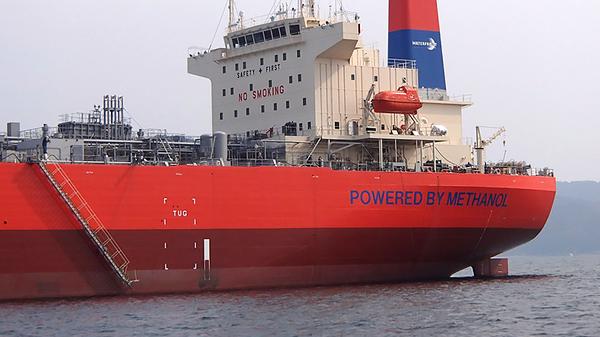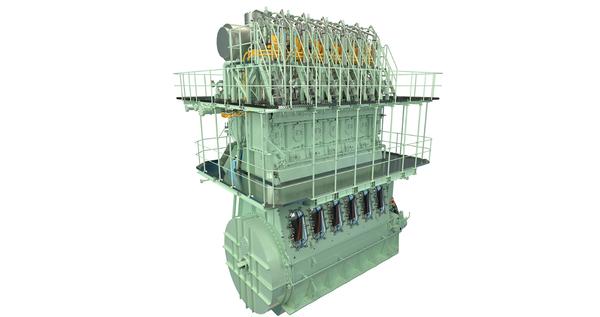MOL and Methanex achieve a major milestone in green methanol shipping
MOL's dual-fuel tanker Cajun Sun completed "first-ever net-zero journey” powered by bio-methanol.
 PHOTO: MOL's dual-fuel methanol carrier Cajun Sun can run on methanol along with conventional marine fuels. Mitsui O.S.K Lines
PHOTO: MOL's dual-fuel methanol carrier Cajun Sun can run on methanol along with conventional marine fuels. Mitsui O.S.K Lines
The 50,000-dwt dual-fuel methanol carrier Cajun Sun is designed to run on both methanol and marine gasoil. It is chartered by Japanese giant Mitsui O.S.K Lines (MOL) and operated by Waterfront Shipping, a subsidiary of Canadian methanol producer Methanex.
The vessel completed a “net-zero” voyage between Louisiana, US and Antwerp, Belgium while being powered by a blend of bio-methanol and natural gas-based methanol.
Methanol is typically produced from natural gas through steam methane reforming. In this process, natural gas is heated with steam to produce syngas, a mixture of hydrogen and carbon monoxide. The syngas is then converted to methanol via catalytic reactions.
However, Methanex's Geismar plant in the US uses renewable natural gas (RNG) as its feedstock and heat source, instead of conventional natural gas. When produced with RNG, this produces bio-methanol.
Bio-methanol can also be produced using sustainable biomass as a feedstock to generate syngas. This process requires little to no fossil fuel, reducing its overall carbon footprint. However, it emits carbon dioxide and carbon monoxide, which are naturally present in the waste streams.
Methanex says the cost of producing bio-methanol from renewable natural gas is $455-1,013/mt. It estimates that the cost will drop to $395-884/mt over the next decade.
Mark Allard, senior vice president of low-carbon solutions for Methanex, believes that bio-methanol blends provide a "tangible solution" to achieve net-zero emissions in the marine sector.
By Konica Bhatt
Please get in touch with comments or additional info to news@engine.online






